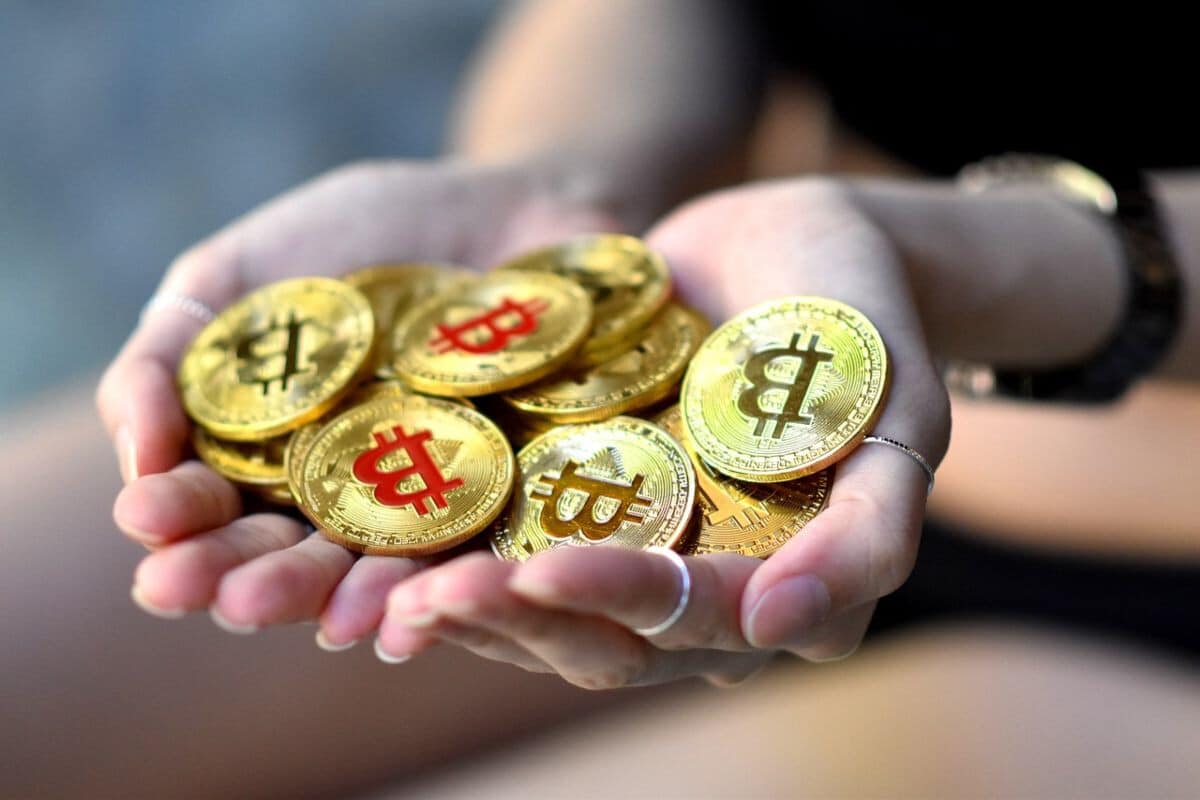In a significant turn of events, the South Korean won has emerged as the dominant fiat currency for cryptocurrency trading, surpassing the US dollar in trading volume during the first quarter of 2024. According to a recent research report published by Kaiko, a prominent cryptocurrency market data provider, the South Korean won accounted for an impressive trading volume of over $456 billion on centralized cryptocurrency exchanges. This staggering figure outpaced the trading volume denominated in US dollars, which stood at $455 billion during the same period.
Kaiko’s report attributes the growing dominance of the South Korean won in cryptocurrency trading to several key factors, with one notable factor being the intense competition among Korean cryptocurrency exchanges. Dubbed the “fee war,” this phenomenon has spurred increased trading activity as exchanges vie for market share by offering competitive fee structures and incentives to traders.
Moreover, the report underscores the favorable macroeconomic conditions prevailing in South Korea, which have further fueled the surge in cryptocurrency trading volumes. Against the backdrop of a strengthening economy and robust investor sentiment, cryptocurrency exchanges in South Korea have witnessed a surge in user activity, leading to record-high trading volumes.
The culmination of these factors has propelled the cumulative trade volume denominated in the South Korean won to unprecedented levels, surpassing that of the US dollar in the first quarter of 2024. This milestone reflects the growing prominence of South Korea as a major player in the global cryptocurrency market and underscores the dynamic nature of cryptocurrency trading trends on a global scale.
Trading pairs denominated in euros saw a total volume of $59 billion.
In contrast, Euro-denominated trading pairs recorded a relatively modest cumulative volume of $59 billion, positioning them in third place for the first quarter of 2024. Upbit, a prominent cryptocurrency exchange, has maintained its dominance in the South Korean market, commanding over 82% of the region’s cryptocurrency trading volume since 2021.
However, the recent bullish market conditions have intensified competition among rival exchanges. Both Bithumb and Korbit, notable players in the South Korean cryptocurrency exchange landscape, launched zero-fee campaigns in late 2023 in a bid to attract users. Although Korbit’s market share remained below 1%, Bithumb experienced a remarkable threefold increase in its market share following the introduction of zero-fee trading in October 2023. Nevertheless, the aggressive adoption of the zero-fee strategy resulted in a substantial revenue decline for Bithumb.
Despite the surge in trade volume, Bithumb faced a significant setback, with its annual revenue plummeting by 60% in 2023. Consequently, the exchange made the decision to discontinue its zero-fee campaign on February 5, a mere five months after its launch.
Furthermore, Kaiko’s analysis highlighted a decline in trading volumes denominated in the South Korean won in early April. However, the recent approval of spot Bitcoin and Ether exchange-traded funds (ETFs) in Hong Kong has sparked optimism for a potential rebound in trading volumes. Hong Kong’s financial regulator has granted approval for three spot Bitcoin ETFs, which are expected to be listed on the Hong Kong Stock Exchange in approximately two weeks’ time. This development could potentially inject renewed momentum into cryptocurrency trading activity in the region.
South Koreans are increasingly embracing cryptocurrency.
Recent findings from a survey shed light on a growing trend among young South Koreans who are increasingly losing confidence in the national pension system. Instead, many are turning to alternative investment avenues such as cryptocurrencies and stocks.
The survey revealed that a significant majority of individuals aged between 20 and 39 expressed skepticism towards state-issued pensions, with over three-quarters of respondents indicating a lack of trust in the system. Among those taking matters into their own hands for retirement planning, more than half disclosed that they were allocating funds towards stocks and cryptocurrencies.
What’s particularly noteworthy is that even political candidates are not immune to the allure of cryptocurrencies. According to a report by Yonhap, approximately 7% of election candidates have disclosed holdings in digital assets, highlighting the widespread adoption of cryptocurrencies across various segments of society.
Furthermore, recent developments in South Korea’s regulatory landscape underscore the government’s efforts to ensure a secure environment for cryptocurrency trading. Stricter regulations are set to be implemented for token listings on exchanges, including measures to block tokens associated with hacking incidents.
Additionally, financial authorities in the country are gearing up to release comprehensive guidelines for virtual asset trading support. Expected to be unveiled by the end of the current month or early next month, these guidelines aim to provide clarity and guidance for participants in the virtual asset market, further solidifying South Korea’s position as a key player in the global cryptocurrency ecosystem.
READ MORE ABOUT: South Korea’s Crypto Regulations: Safeguarding Investors and Strengthening Market Integrity



